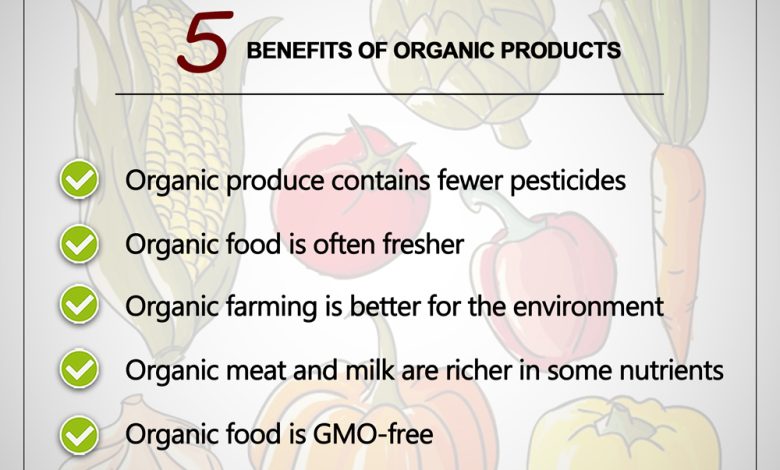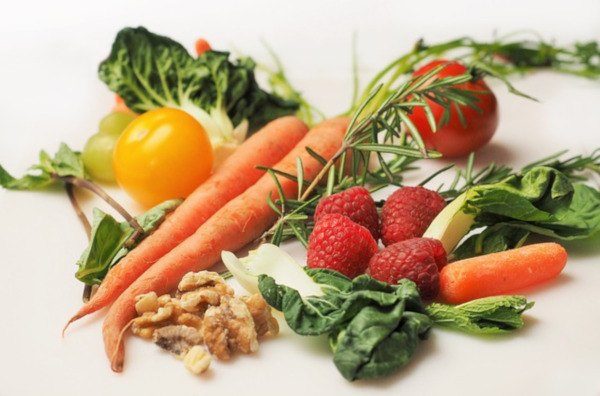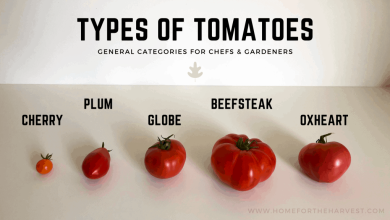What are Organic Foods: Characteristics and benefits

Consumers of organic food have the expectation that the organic products we consume do not have traces of pesticides, have a better taste and are healthier for us and the environment. But… is this really always the case?

organic food
Organic farming uses natural methods for plant protection and organic fertilizers instead of fumigating with synthetic chemicals and applying fast mineral fertilizers. It is obvious that this difference in production and processing methods has to have repercussions on the quality of organic food and differentiate it from conventionally produced food.
We are not going to be healthier by eating only organic food, but we will have a healthier and more sustainable diet. The food we buy and consume has different impacts on the economy, on social aspects, on the environment and on our health. By consuming organic food we will not only enjoy a healthier diet, it also includes paying more attention to local, regional, seasonal food, prepared in a way that preserves its nutritional value and respects the environment.
The quality of food is not only determined by the production method, it also affects other factors such as the variety chosen, location, climate and post-harvest handling.
Benefits of organic food
The quality of organically produced food is the result of the way it is produced -in other words, without using artificial substances, in a way that favors well-being, saving resources and respecting the environment. Quality is not determined by the individual characteristics of the product, but by the entire production and processing process.
Negative impacts are avoided throughout the production and processing process:
- Fertilization of the crop in a natural way
- Specific and preventive crop protection
- Elaboration of products in the most natural way and without the use of genetic engineering
- Livestock management appropriate to each species and promoting animal health and welfare
What do organic products have?
- Proteins: Proteins are primary nutrients just like fats and carbohydrates. Organic grains tend to have lower protein content. This affects the degree of doneness when making the bread. On the other hand, organic grains have a better balance in terms of essential amino acids.
- Carbohydrates: in terms of carbohydrates, no difference has been observed between organic and conventional products.
- Fats: The differences in animal feed used in organic and conventional production can influence the nutritional value of milk and meat. Some studies have shown that milk and meat from organic farms have a better fatty acid profile in terms of physiological nutritional value. Organic milk tends to have a higher content of essential fatty acids (linolenic acid and omega-3 acid) which, as we all know, help prevent cardiovascular disease and cancer.
- Vitamins: A slightly higher content of vitamin C has been observed for several organically produced vegetables and fruits. This higher content is believed to be directly related to the use of organic rather than chemical fertilizers.
- Minerals: In the case of some fruits, the results show that organic products tend to have a higher content of iron and magnesium.
- Secondary plant metabolites: These substances synthesized by plants are related to having health-promoting properties such as antioxidant and anticancer properties, among others. It has been estimated that organic vegetables have between 10% and 50% more content of these metabolites than conventional products.
- Dry matter content: Organically produced vegetables tend to have a higher dry matter content. Which means that they have lower water content and therefore higher nutrient content.
- undesirable substances
- Pesticide Residues – Organic products either contain no pesticide residues or negligible levels compared to conventional foods.
- Mycotoxins: by not using fungicides, it is believed that organic foods contain a higher content of mycotoxins. However numerous studies have shown that this is not true.
- Heavy metals and environmental contaminants: contamination with this type of substance is independent of the production method. However, in organic farming, the use of sewage sludge that usually contains these substances is prohibited.
- Nitrates: organic vegetables, especially green leafy ones, such as lettuce, spinach or thistle, have a significantly lower level of nitrates than conventional ones.
- Drug residues: in organic farming the use of antibiotics is only allowed if the animal is sick. In the event that antibiotics are given to a sick animal, the waiting time for the animal or its milk to be sold is double that of conventional farming.
In short, organic food is healthier, better quality and more respectful of the environment. In the post about the benefits of agriculture and organic food you have more information about the benefits of consuming organic food.

![Photo of Anemone: [Cultivation, Irrigation, Care, Pests and Diseases]](https://www.complete-gardening.com/wp-content/uploads/2022/08/anemone-cultivation-irrigation-care-pests-and-diseases-390x220.jpg)


![Photo of Bella Sombra: [Cultivation, Irrigation, Care, Pests and Diseases]](https://www.complete-gardening.com/wp-content/uploads/2021/06/Que-caracteristicas-tiene-el-arbol-bella-sombra-390x220.jpg)